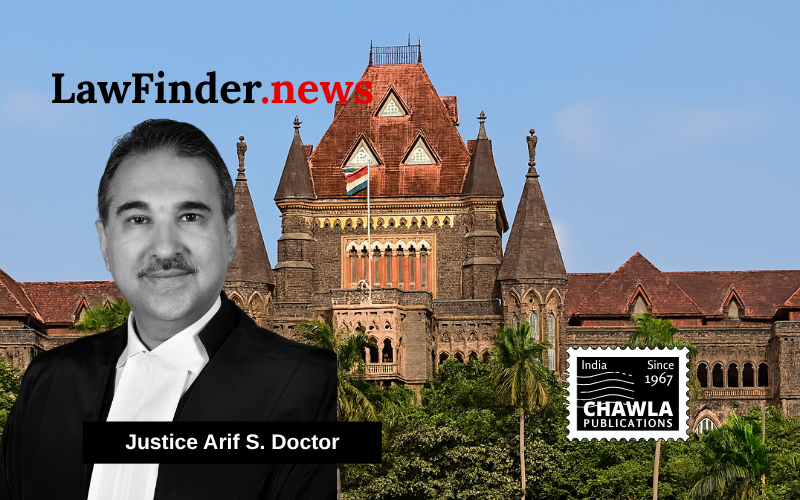Court Orders Removal of AI-Generated Deepfakes and Unauthorized Merchandise Exploiting Actor's Image
The Bombay High Court, presided over by Justice Arif S. Doctor, has issued an ex parte interim order in favor of renowned Bollywood actor Akshay Kumar, legally known as Akshay Hari Om Bhatia, in a landmark case concerning the protection of personality rights. The order comes as a response to Kumar's plea against the unauthorized exploitation of his personality attributes, including his name, image, voice, and likeness, through AI-generated content and other digital mediums.
The court's decision, dated October 15, 2025, restrains several defendants, including anonymous entities, from misappropriating Kumar's personality rights. The defendants have been directed to remove infringing content, including AI-generated deepfake videos and morphed images, from various platforms such as social media and e-commerce websites.
Kumar, represented by Senior Advocate Dr. Birendra Saraf, argued that the unauthorized use of his persona has led to significant reputational damage and posed a risk to his and his family's safety. The court recognized the sophisticated nature of deepfake technologies and the potential threat they pose to public order.
The judgment highlighted the violation of Kumar's fundamental rights under Article 21 of the Constitution of India and his moral rights under the Copyright Act, 1957. The court ordered platforms like Meta Platforms, Inc., X Corp., and Google LLC to disable access to infringing content and provide information about the users responsible for such content.
This case sets a precedent in the legal landscape concerning personality rights and the challenges posed by AI technologies. It underscores the judiciary's role in safeguarding individuals against the unauthorized commercial exploitation of their identity.
Bottom Line:
Protection of personality rights and moral rights of a renowned public figure against unauthorized use, exploitation, and misrepresentation through AI-generated content, deepfake videos, and commercial activities.
Statutory provision(s): Article 21 of the Constitution of India, Copyright Act 1957, Information Technology (Intermediary Guidelines and Digital Media Ethics Code) Rules 2021, Order XXXIX Rule 3 of the Code of Civil Procedure, 1908
Akshay Hari Om Bhatia v. John Doe, (Bombay) : Law Finder Doc id # 2795563




